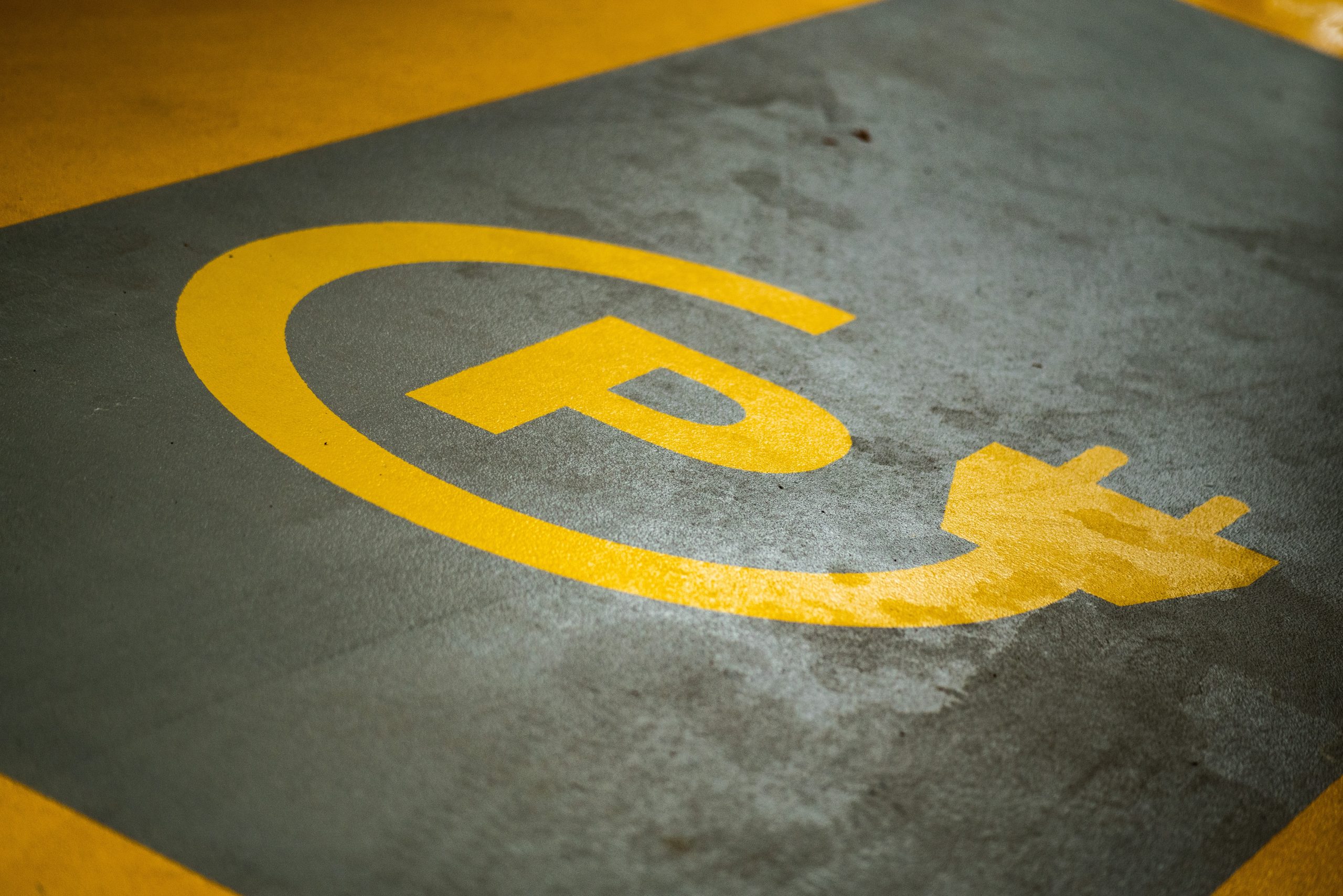
€7 billion boost for sustainable transport infrastructure
Efforts to clean up Europe’s transport sector have been boosted by an agreement to spend €7 billion on sustainable infrastructure. T&E says the deal is good news, but says that decision makers have still not grasped the fact that funding fossil gas infrastructure locks us into using a fossil fuel for decades to come.
Interested in this kind of news?
Receive them directly in your inbox. Delivered once a week.
The money will come as part of the Connecting Europe Facility (CEF) which aims to improve cross-border transport, energy and digital infrastructure under the EU budget for 2021-27. With the EU working on a strategy to decarbonise transport by 2050 as part of its climate commitments under the 2015 Paris accord, environmental NGOs have lobbied for spending on long-term projects to be compatible with decarbonisation targets.
The agreement by governments and MEPs to secure 40% of the CEF budget for sustainable projects will provide EU funding for electric vehicle charging, rail improvements and other schemes, as part of a fund which will also support transport safety improvements. The money will be available as part of co-financing deals with member states, much of which will make cleaner infrastructure viable where it would not have been without EU help.
T&E’s freight officer Sam Kenny said: ‘This agreement helps ensure that the EU budget will aid the decarbonisation of transport and helps member states to meet their climate targets. It should inspire governments to follow suit and ramp up investment in electromobility.’
The agreement provides for connections to existing airports to be funded, but expansion of airports and building new airports are excluded. More controversially, transport projects involving fossil gas would still be entitled to investment for fighting climate change under the CEF, despite gas being as bad for the climate as other fossil fuels.
Kenny added: ‘Spending on gas in transport is a mistake that locks us in to using a fossil fuel when time is running out to decarbonise the sector. All investment needs to go into technologies that will get us to zero emissions and energy independence – gas fails that test. It is primarily imported and will not decarbonise our economy, or even bring us close.’
The agreement still needs to be signed off on by the European Parliament and EU ambassadors.
